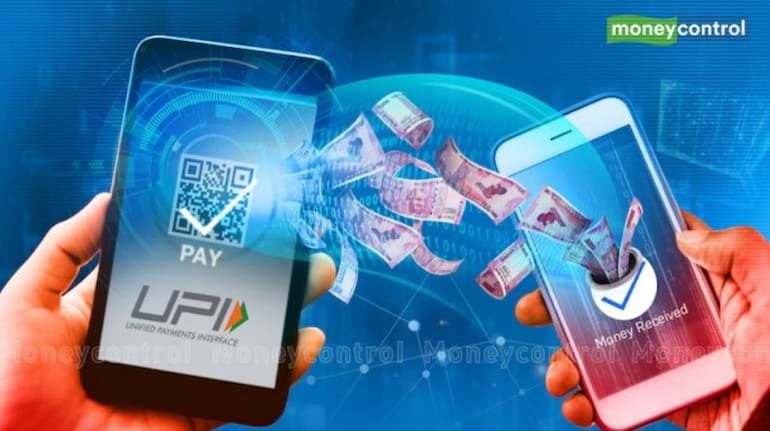



The scope of Unified Payments Interface (UPI) transactions will be expanded to allow 'single-block-and-multiple-debits', the Reserve Bank of India (RBI) Governor Shaktikanta Das said as part of monetary policy announcements on December 7.
"This will significantly enhance the ease of making payments for investments in securities including through the Retail Direct platform as well as e-commerce transactions," Das said in his statement.
UPI currently includes functionality to process payment mandates for recurring as well as single-block-and-single-debit transactions. The new facility will enable a customer to block funds in his/her account for specific purposes, which can be debited whenever needed.
Meaning, customers can now allot a certain amount to a specific purpose or merchant by giving their consent. For future transactions, money can be debited by the merchant without the additional requirement of authentication, making payments faster.
For example, a customer can authorise a cumulative amount of Rs 10,000 at once for an e-commerce platform. They can then place 10 different orders of say Rs 1,000 each. The order amount will now be auto-debited by the platform until the Rs 10,000 limit, without the need for additional authorisation.
"Besides e-commerce transactions, this will also make it easier to make payments for stock investments, food delivery, etc. This is in between prepaid and postpaid payments and gives comfort to customers as well as to the platform," said a payments industry source.
Over the past year, the RBI expanded the scope of UPI to allow transactions in offline mode as well as through feature phones. In June this year, RBI allowed linking of RuPay credit cards to UPI. Prior to the announcement, customers could only link their debit cards to UPI.
Rajsri Rengan, Head of Development - Banking & Payments for India and Philippines at FIS, said on the latest development, "With these enhancements, the customers will be able to block funds in their accounts for various payments. It will facilitate in making smoother e-payments and increase the efficiency of online checkouts during e-commerce transactions."
The move also comes at a time when UPI as a payments system is seeing tremendous growth. In the month of November 2022, UPI witnessed 730 crore transactions amounting to Rs 11.90 lakh crore.
BBPS scope expanded to non-recurring payments
Further, the RBI also said that the scope of Bharat Bill Payments System (BBPS) will now be expanded to handle both recurring and non-recurring payments for both businesses and individuals.
Governor Das said in this address, "At present, it handles recurring bill payments for merchants and utilities and does not cater to non-recurring bills. It also does not cater to bill payments or collections such as payment of fees for professional services, education fees, tax payments, rent collections, etc. for individuals even if those are recurring in nature. Therefore, the scope of BBPS is being enhanced to include all categories of payments and collections, both recurring and non-recurring, and for all category of billers (businesses and individuals)."
The move will make the BBPS platform accessible to a wider set of individuals and businesses who can benefit from the transparent payments experience, faster access to funds and improved efficiency, the Governor added.
"This means that many more invoices can be counted as bills. People can make business-to-business (B2B) as well as peer-to-peer (P2P) invoice payments through BBPS, and not just recurring bill payments," added the above-mentioned industry source.
The National Payments Corporation of India (NPCI) will implement these changes for both UPI and BBPS in the next six months, he said.
Discover the latest Business News, Sensex, and Nifty updates. Obtain Personal Finance insights, tax queries, and expert opinions on Moneycontrol or download the Moneycontrol App to stay updated!
Find the best of Al News in one place, specially curated for you every weekend.
Stay on top of the latest tech trends and biggest startup news.